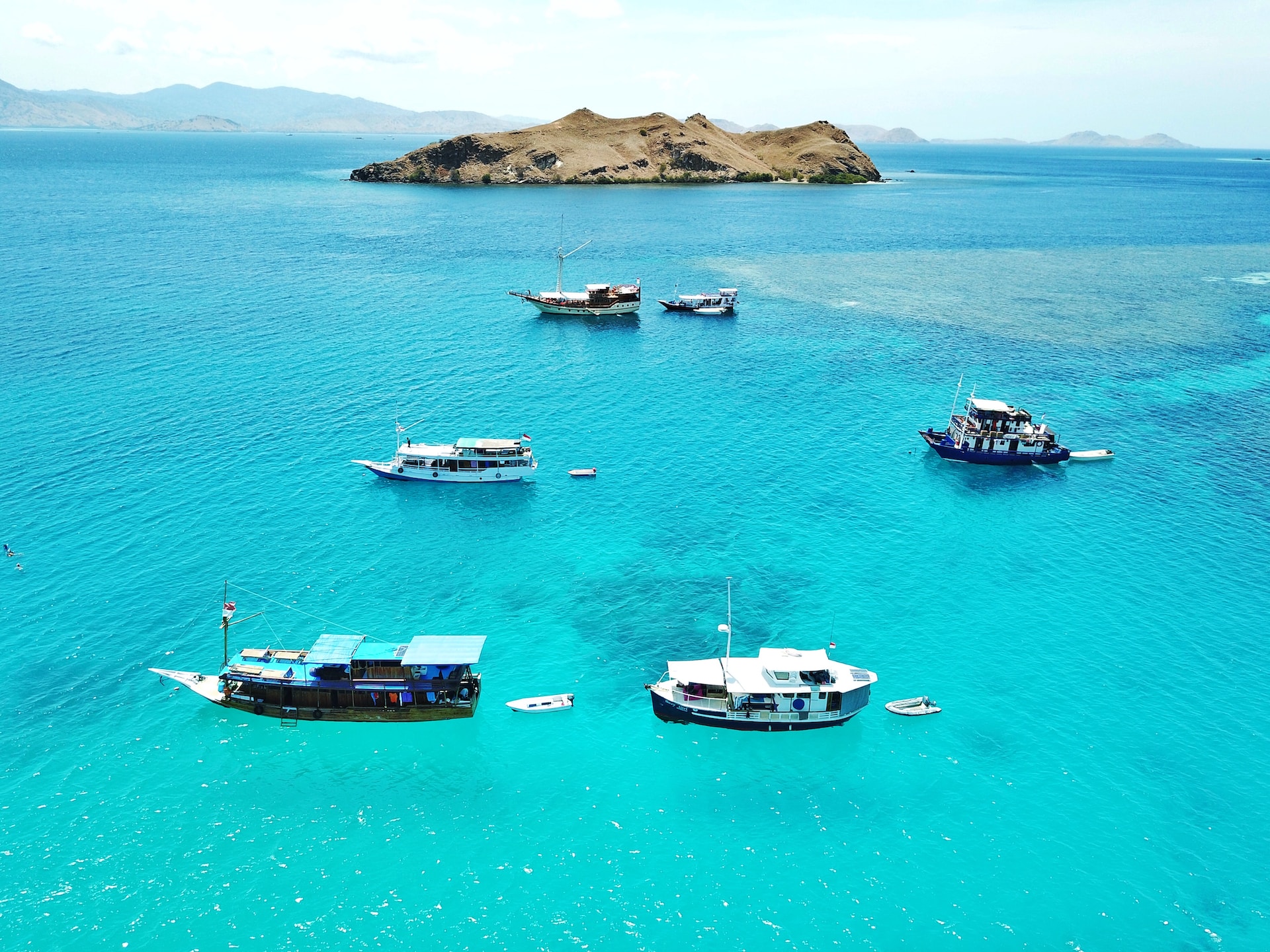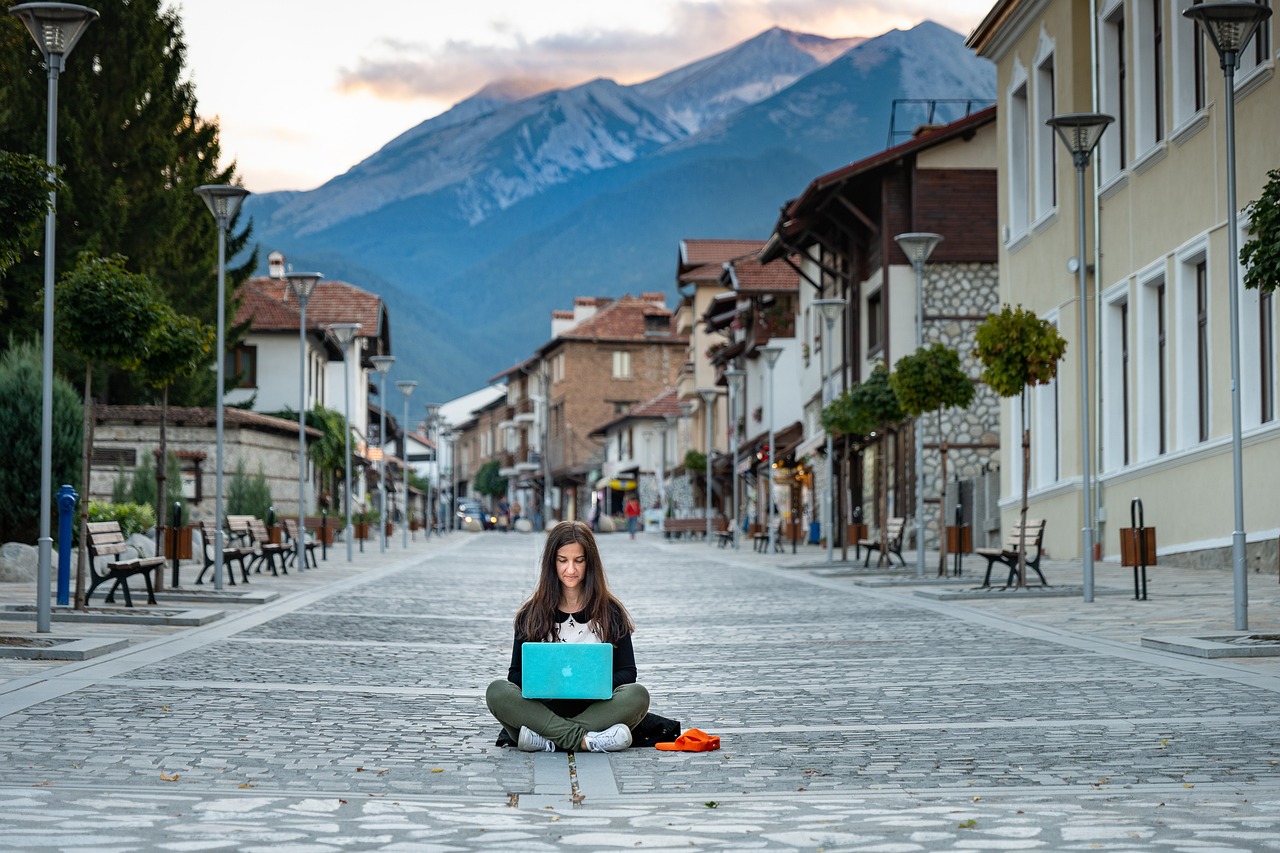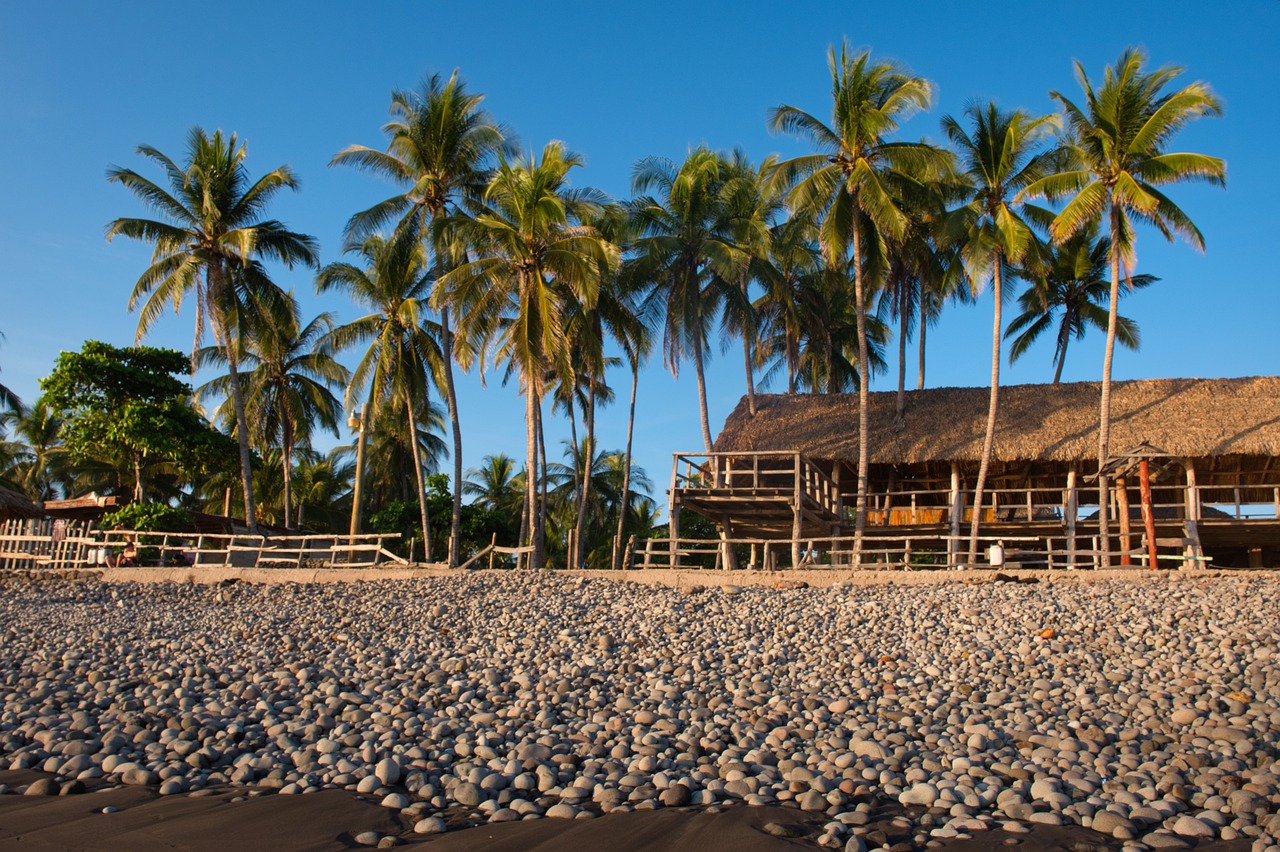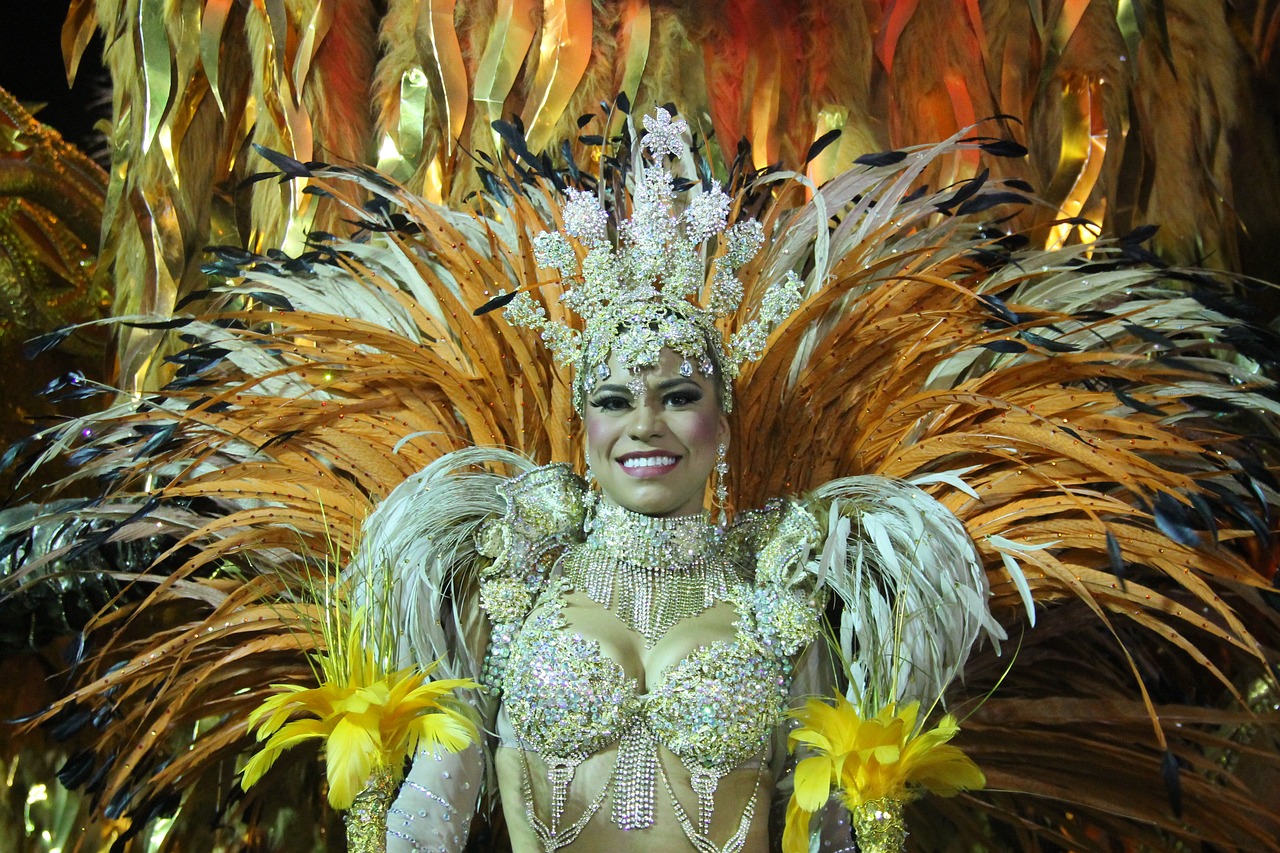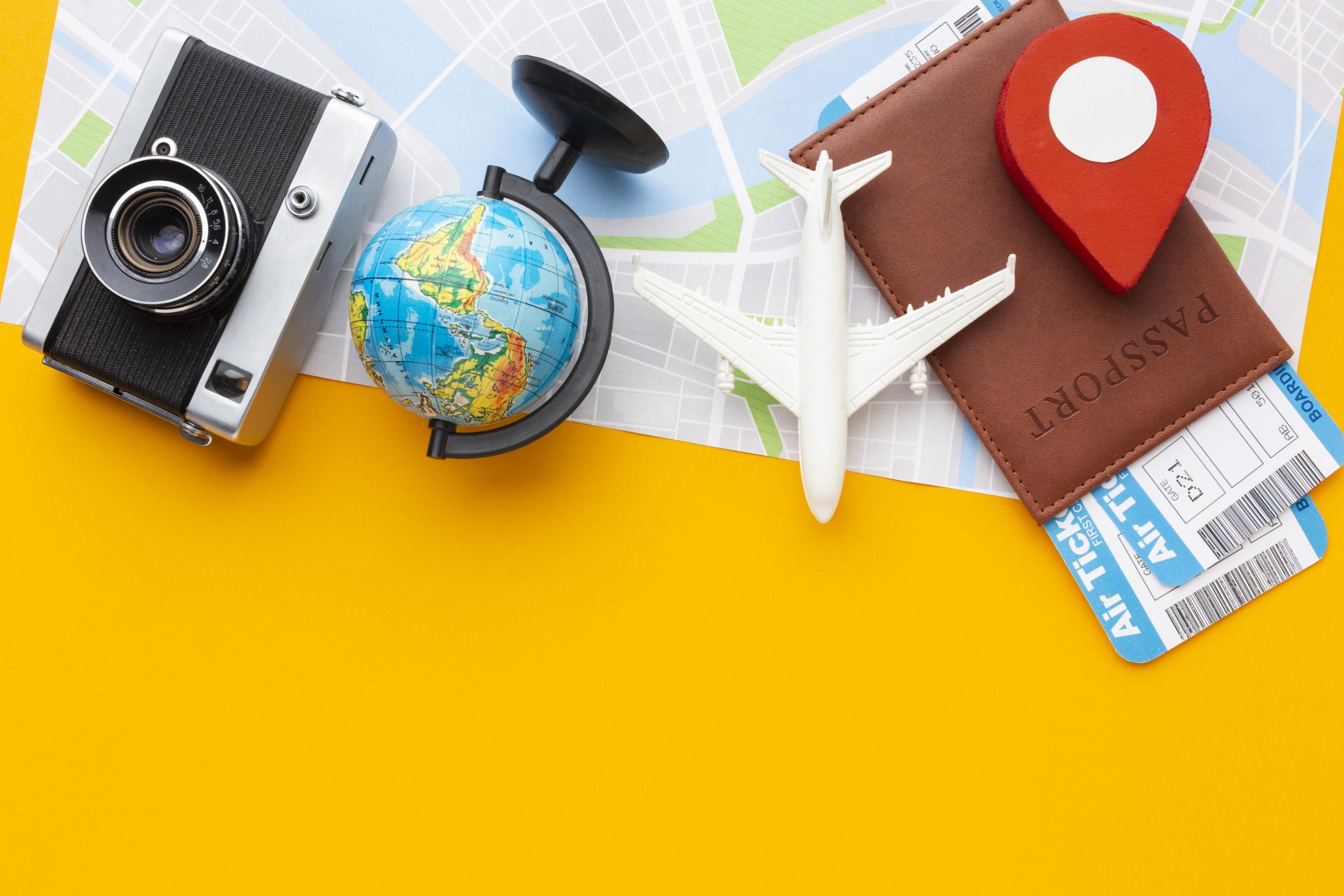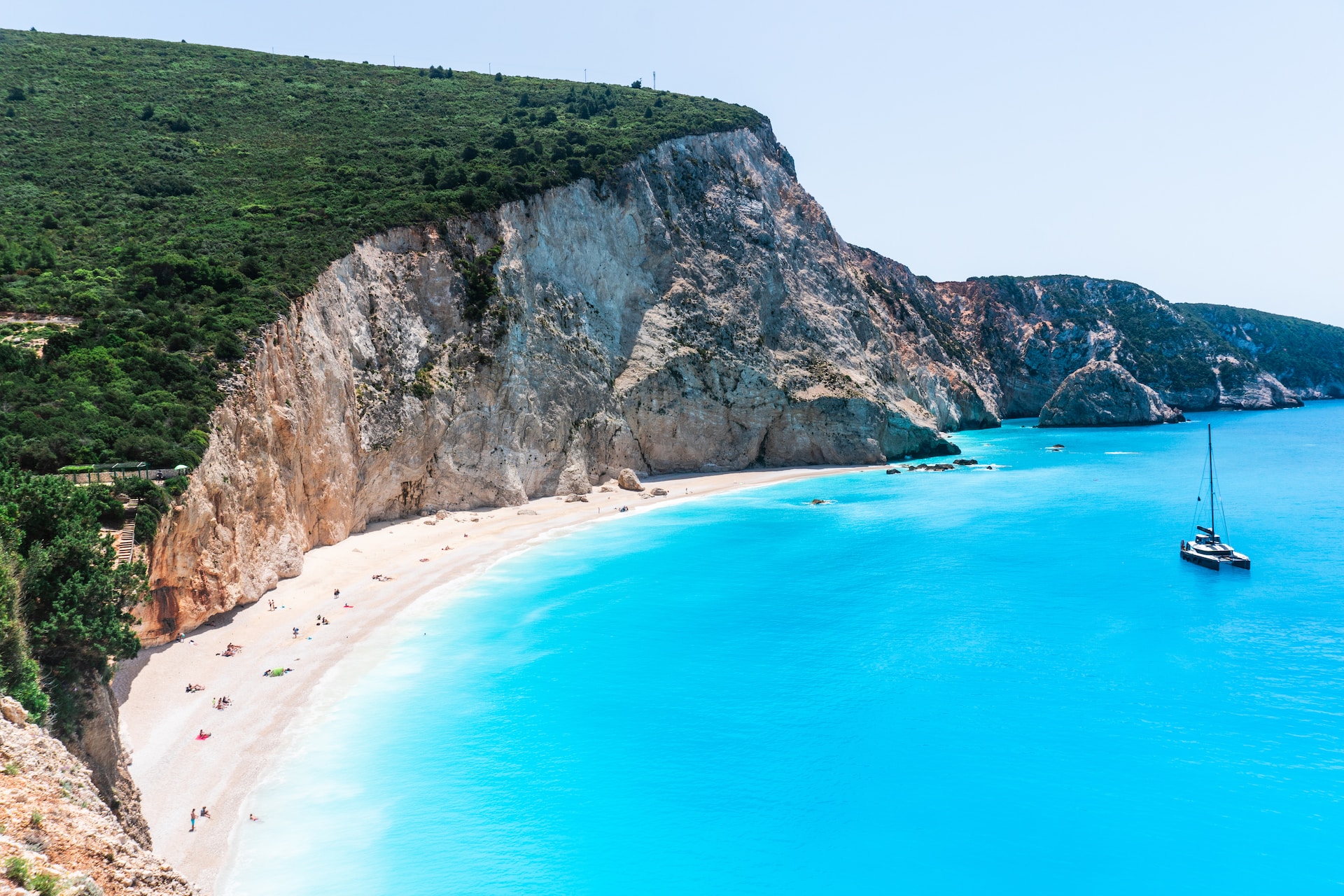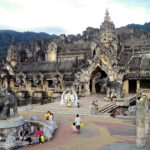Indonesia: The Emerald of the Equator
Indonesia, a sprawling Southeast Asian nation, is the world’s largest archipelago, made up of over 17,000 islands, straddling the equator between the Indian and the Pacific oceans. With more than 267 million people, it’s the world’s fourth most populous country and home to hundreds of ethnic groups speaking many different languages.
Geography and Biodiversity
Indonesia’s geography is as varied as its culture, with landscapes ranging from pristine beaches and verdant rice terraces to volcanic mountain ranges and dense rainforests. Indonesia is part of the Coral Triangle, known for having the highest diversity of marine species on earth, making it a haven for diving enthusiasts.
It’s also one of the world’s 17 mega-diverse countries, home to a large number of unique species, including the Komodo dragon, the Sumatran tiger, and the Orangutan. Indonesia’s most famous tourist destination, Bali, is known for its lush landscapes, which include rice terraces, volcanic hillsides, and forests.
History and Culture
Indonesia’s history is rich and diverse, with influences from Indian, Arabic, Chinese, Malay, and European cultures. The country’s cultural heritage is reflected in its literature, architecture, textiles, and dance.
Ancient temples such as Borobudur and Prambanan, the traditional dance-drama of Bali, and the spectacular ceremonies of Toraja in South Sulawesi are just a few examples of the country’s vibrant culture. Also, the country’s traditional Batik, an Indonesian technique of wax-resist dyeing on fabric, and Wayang puppet theater are recognized by UNESCO as Masterpieces of the Oral and Intangible Heritage of Humanity.
Religion
Religion plays a significant role in the lives of Indonesians. The country is predominantly Muslim, with Islam being the religion of nearly 90% of the population, making it the largest Muslim-majority country in the world. However, Indonesia is also home to substantial populations of Christians, Hindus, Buddhists, and those who follow traditional indigenous beliefs.
The Indonesian island of Bali is known worldwide for its predominant Hindu culture, which significantly influences its art, music, and daily life. Meanwhile, in regions like Toraja in South Sulawesi, ancestral animistic beliefs coexist alongside Christian practices.
Language
The official language is Indonesian, known locally as Bahasa Indonesia. It is a standardized form of Malay and is used throughout the archipelago. Despite this, there are more than 700 languages and dialects spoken across the islands, reflecting the country’s cultural diversity.
Economy
Indonesia has the largest economy in Southeast Asia and is one of the emerging market economies of the world. It’s a member of the G20 and classified as a newly industrialized country. The economy is characterized by steady growth, and the country ranks 16th in the world by nominal GDP. The service sector is the economy’s largest and accounts for 43.7% of GDP, followed by industry (39.8%) and agriculture (16.5%).
Tourism
Indonesia is also renowned for its tourism industry, attracting millions of visitors each year. Tourists are drawn by the country’s natural beauty, dynamic landscapes, diverse culture, and rich history.
Bali, with its idyllic beaches, iconic rice terraces, ancient temples, and vibrant arts scene, is the most visited destination. However, other destinations like the historical city of Yogyakarta, the bustling metropolis of Jakarta, the tranquil beaches of Lombok, and the unique wildlife of Komodo and Sumatra are increasingly becoming popular.
Cuisine
Indonesian cuisine is as diverse as its culture, with regional dishes boasting robust flavors. Some of the country’s most famous dishes include Nasi Goreng (fried rice), Satay (grilled skewered meat), and Rendang (a spicy meat dish). Indonesia is also the birthplace of Sambal, a chili sauce that’s become a staple on dining tables across the country.
Challenges and Opportunities
Despite its many attractions, Indonesia also faces several challenges, including environmental issues like deforestation and wildlife trafficking. It’s also vulnerable to natural disasters due to its location on the Pacific Ring of Fire, a major area in the basin of the Pacific Ocean where many earthquakes and volcanic eruptions occur.
However, with its strategic location, abundant natural resources, and young and dynamic population, Indonesia possesses enormous potential. As the country continues to develop and address these challenges, it’s poised to play an increasingly significant role in Southeast Asia and beyond.
In conclusion, Indonesia is a country of contrasts, where diversity flourishes. Whether it’s the languages spoken, the religions practiced, the vast landscapes, or the vibrant cuisines, Indonesia is a vivid tapestry, waiting to be explored. Its rich cultural heritage, paired with its forward-looking dynamism, makes it a fascinating country with something to offer every visitor.
